
The European Parliament’s first 2026 plenary session saw debates on the fourth motion of censure of the Commission, the Mercosur trade deal, and Hungary’s SAFE defence fund. Von der Leyen skipped the censure debate, Mercosur was referred to the Court of Justice, and Hungary’s access to SAFE funds faces opposition over alleged ‘corruption’.
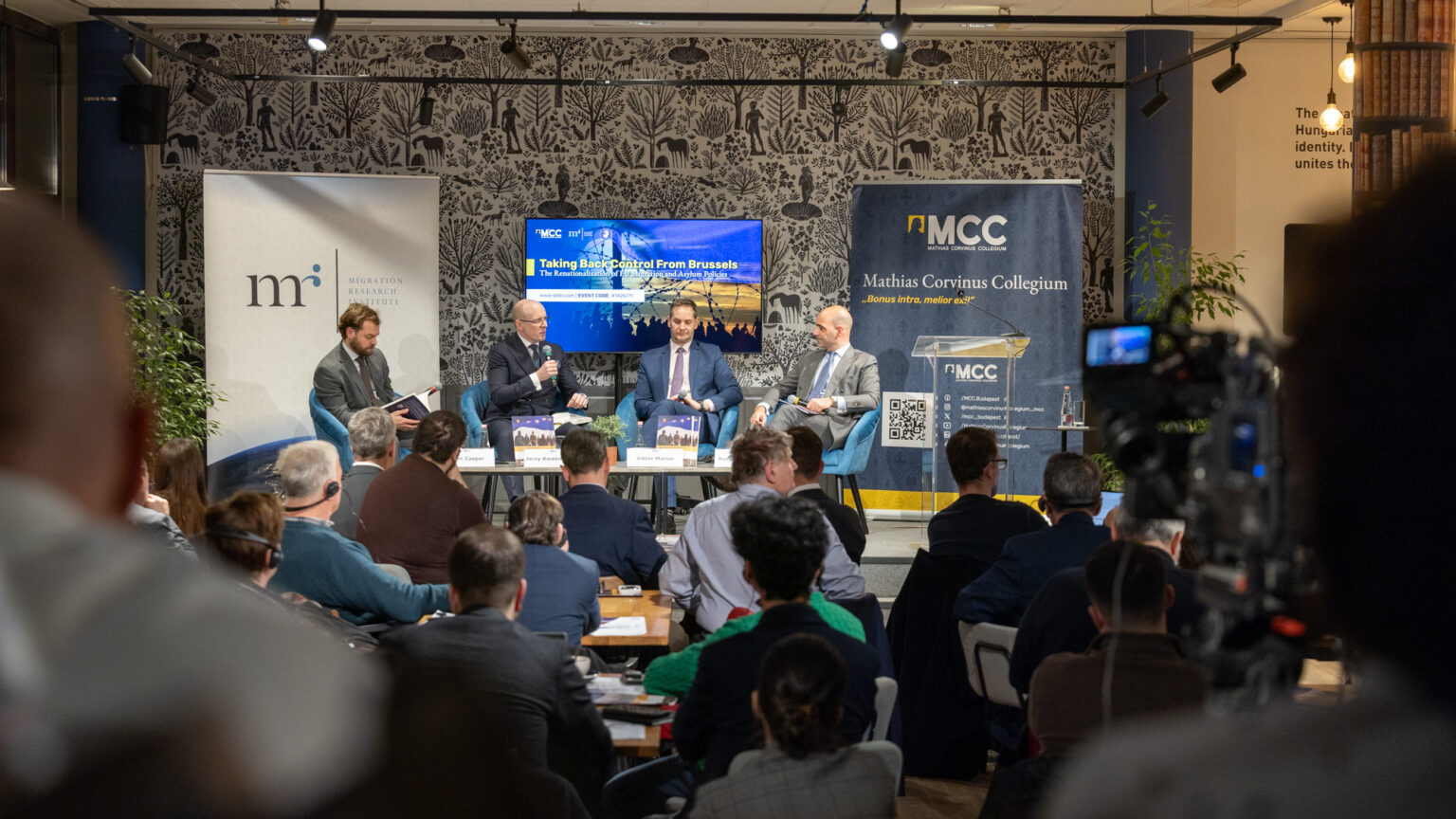
Europe’s migration crisis cannot be solved without rewriting the legal system that fuels it, the authors argued at an MCC event in Budapest presenting a groundbreaking study on renationalizing EU asylum policy. Speaking at the event, Balázs Orbán warned of ‘civilizational erasure’ and a ‘double threat’ of parallel societies and civil conflict, urging sovereign border control and reform of international humanitarian law.

Ferencváros kept both their unbeaten record and their spot in the top 8 in the UEFA Europa League league table after a 1–1 tie against the Greek side Panathinaikos. However, they will have to play a tough game against the English Premier League team Nottingham Forrest next week if they want to keep it that way.
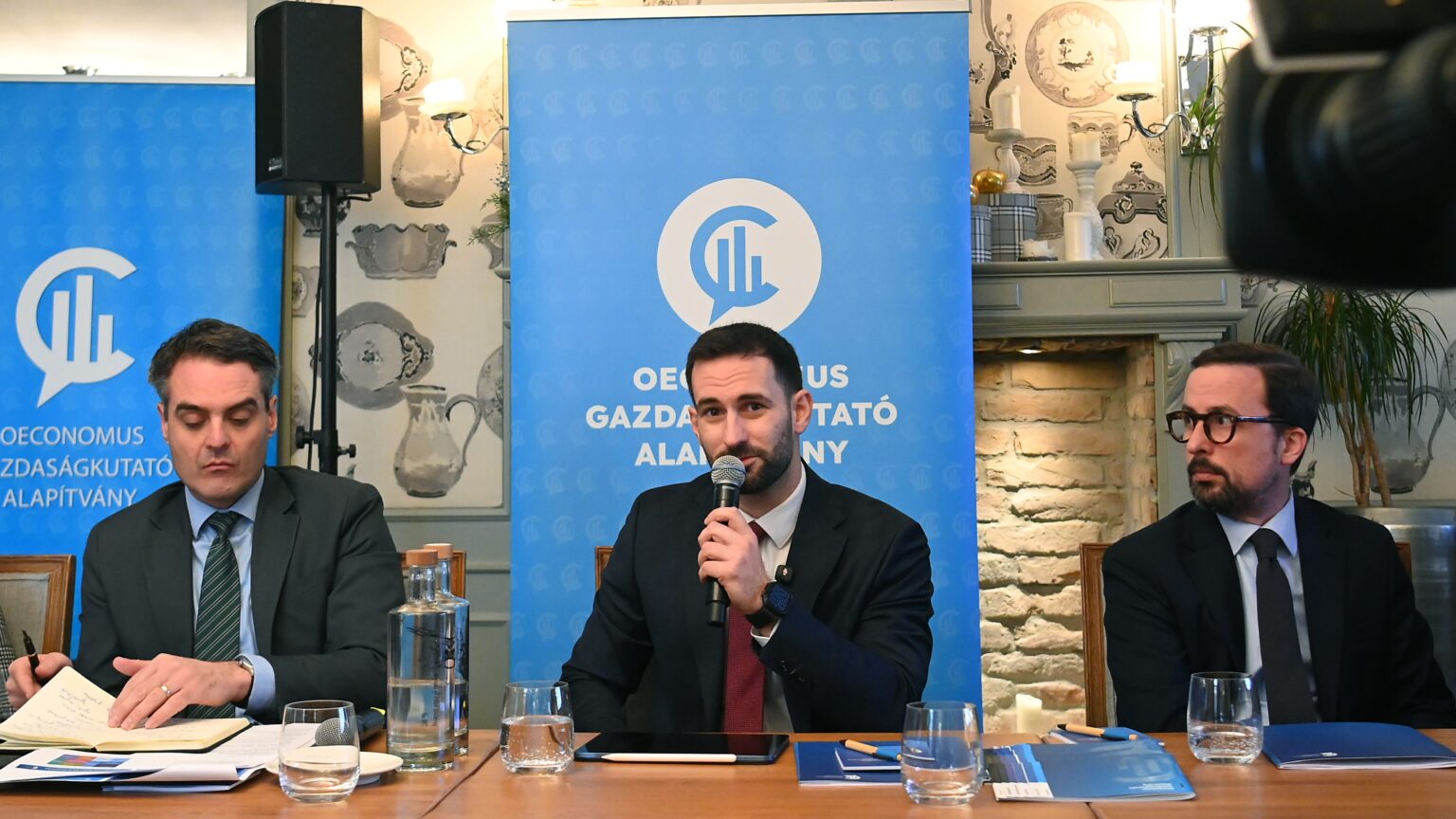
Hungary expects stronger growth in 2026, driven by rising consumption, improving sentiment and an investment rebound in the second half, according to André Palóc of the Ministry of National Economy. Speaking at an Oeconomus event, he cited falling prices after retail mark-up cuts, winter utility protections and major family tax and housing programmes, as analysts forecast 2–3 per cent GDP growth.
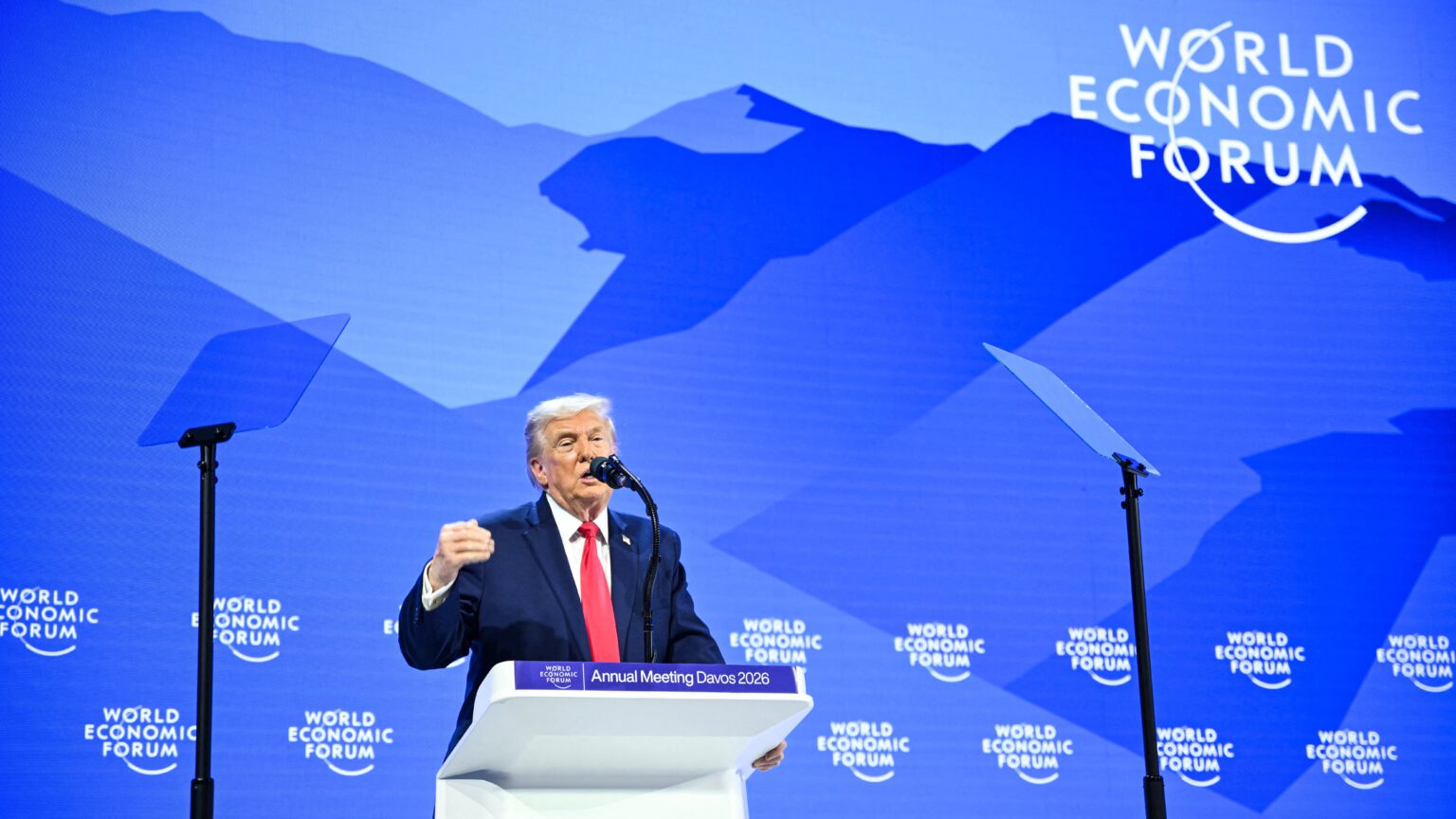
The four-day Greenland crisis ended in Davos after Donald Trump ruled out using military force to seize the island, which remains under Danish sovereignty. Instead, he signalled plans to expand the US role in the Arctic through a NATO agreement. The standoff reflects Trump’s familiar negotiating style—but what really happened?
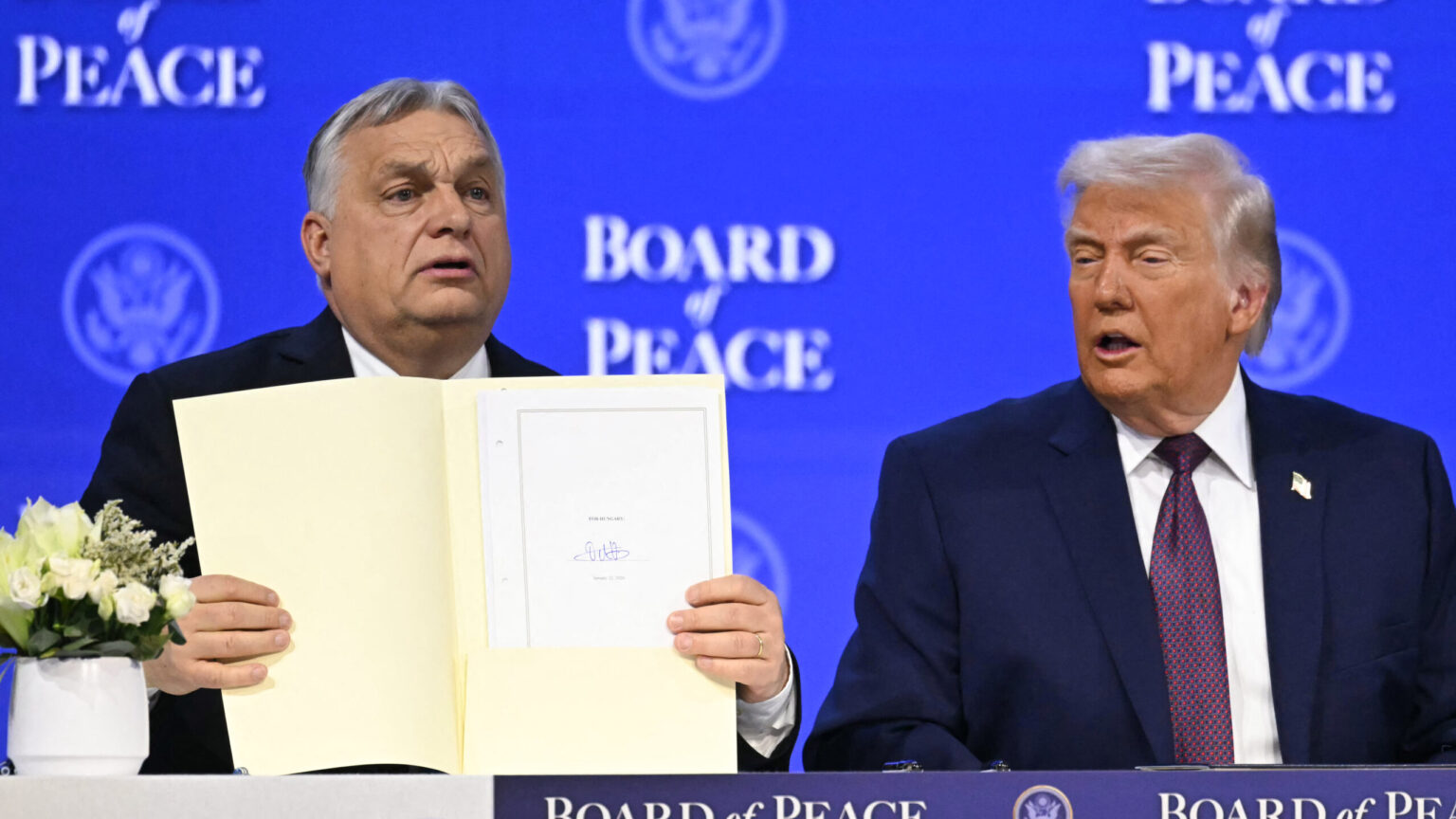
Hungary has joined Donald Trump’s newly unveiled Board of Peace as a founding member in Davos, with Viktor Orbán warning that war brings inflation, sanctions, high energy prices, and economic decline. Balázs Orbán hailed the platform as ‘one of the first institution of the new world order,’ while European powers such as France and the United Kingdom refused to join the new conflict resolution forum.
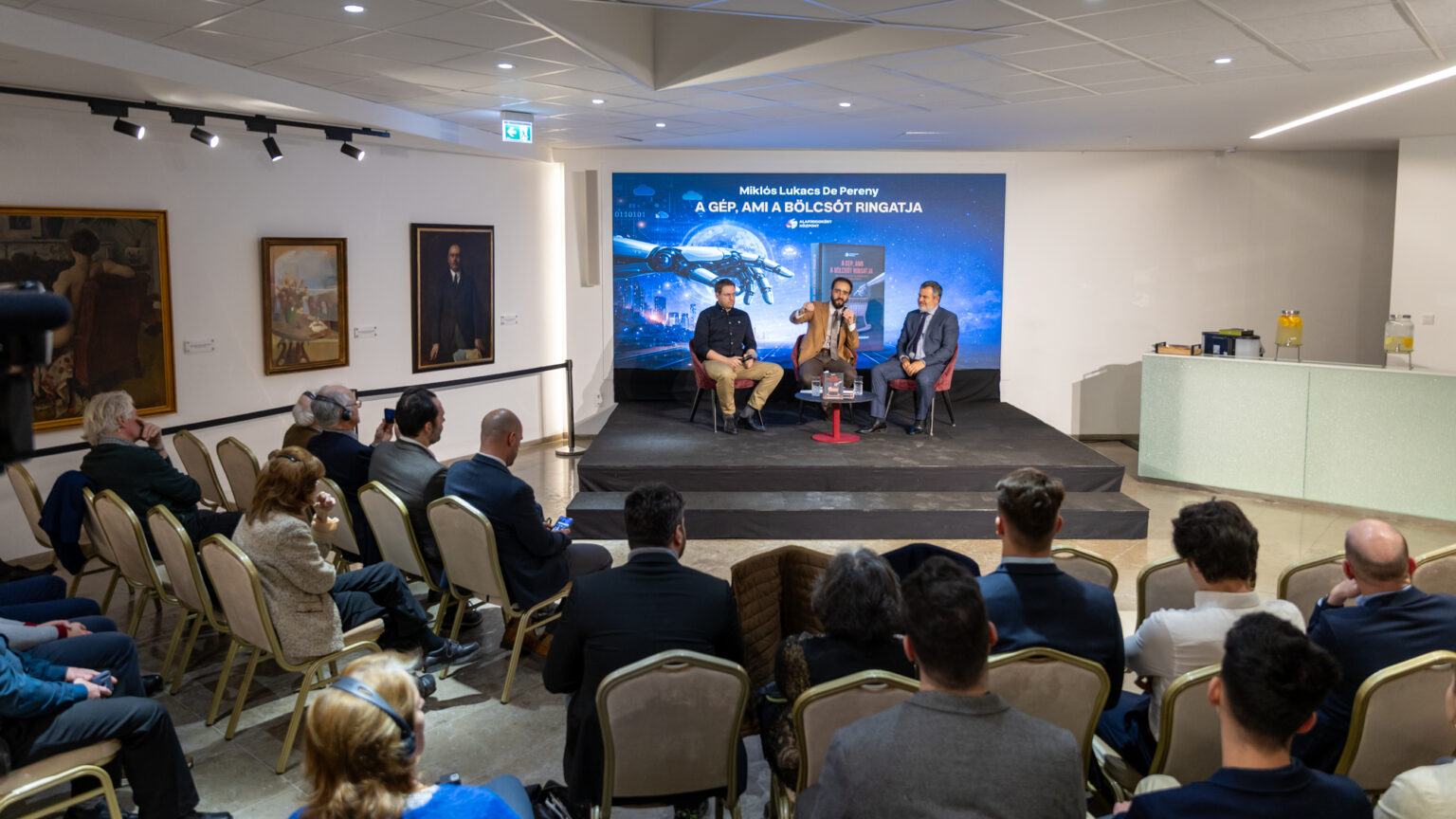
The publication of Peruvian author Dr Vajk Miklós Lukacs de Pereny’s 2023 book in Hungarian was celebrated at a book launch event by the Center for Fundamental Rights. It featured opening remarks by István Kovács; as well as a panel discussion with futurist festival Brain Bar founder Gergely Böszörményi-Nagy and the author himself, exploring debates on transhumanism, transgenderism, and modern technology.

The Hungarian government will introduce a January utility price cap and is preparing a utility rebate scheme to shield households from higher heating bills caused by extreme winter weather, Prime Minister Viktor Orbán and senior ministers announced.
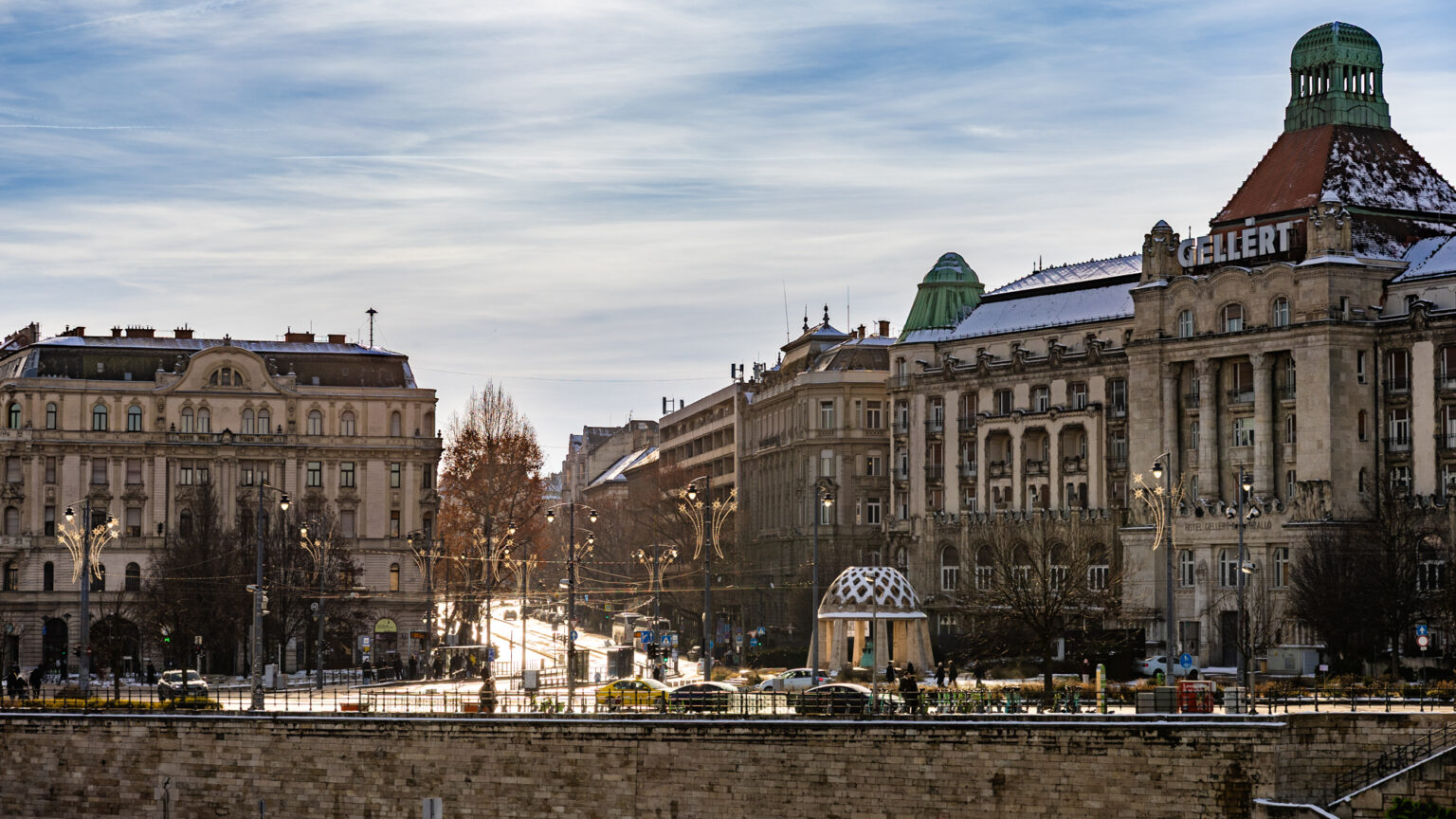
Budapest’s District I may tighten regulations on short-term rentals and could even ban Airbnb-style accommodation, as local leaders cite rising housing costs and point to similar measures introduced in neighbouring districts.
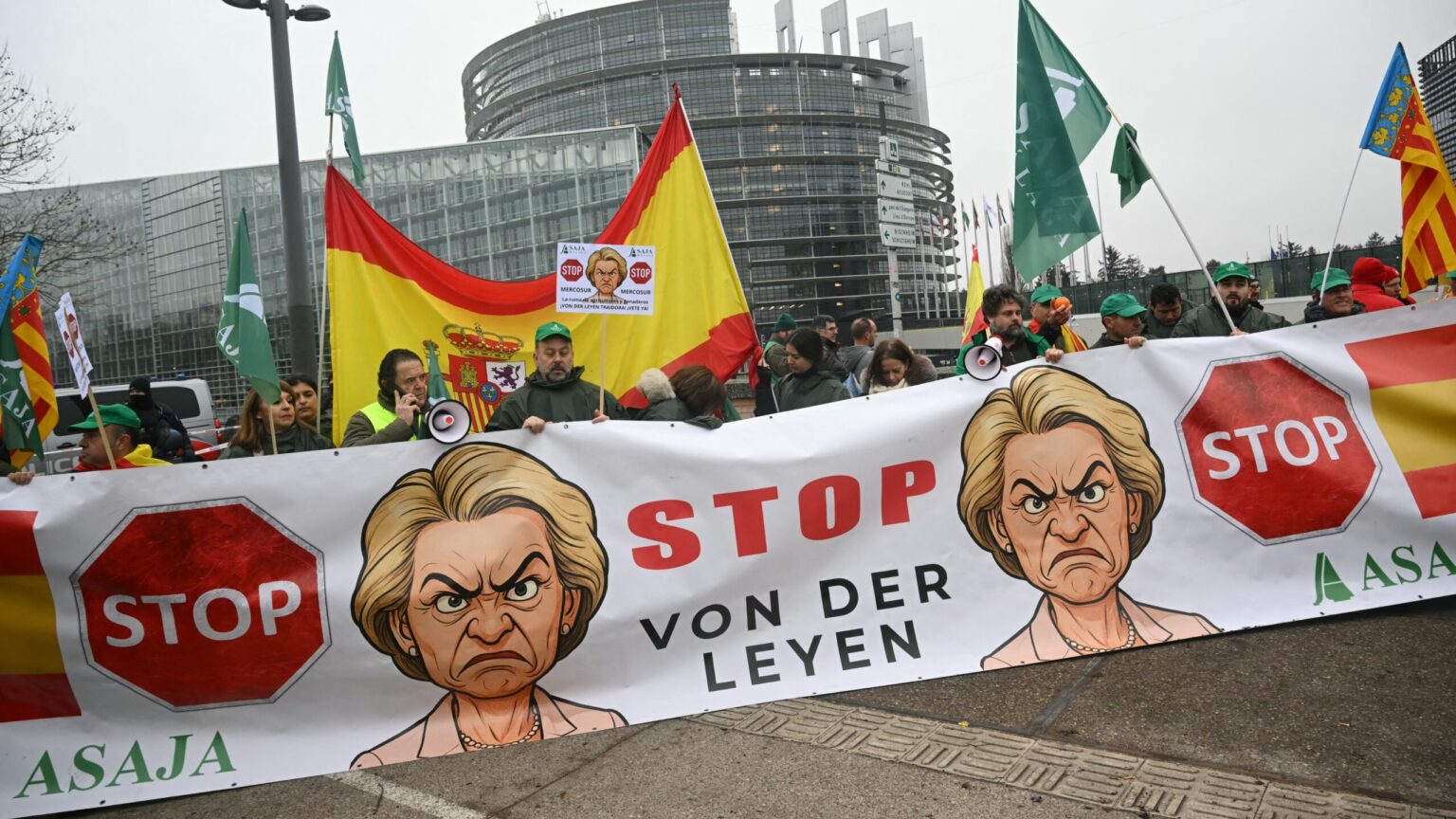
European Commission President Ursula von der Leyen faces her fourth no-confidence vote in six months on Thursday, after the right-wing Patriots for Europe tabled a new motion of censure. The vote follows a major setback for von der Leyen and the EPP, as the European Parliament sent the EU–Mercosur deal to the Court of Justice for legal review.
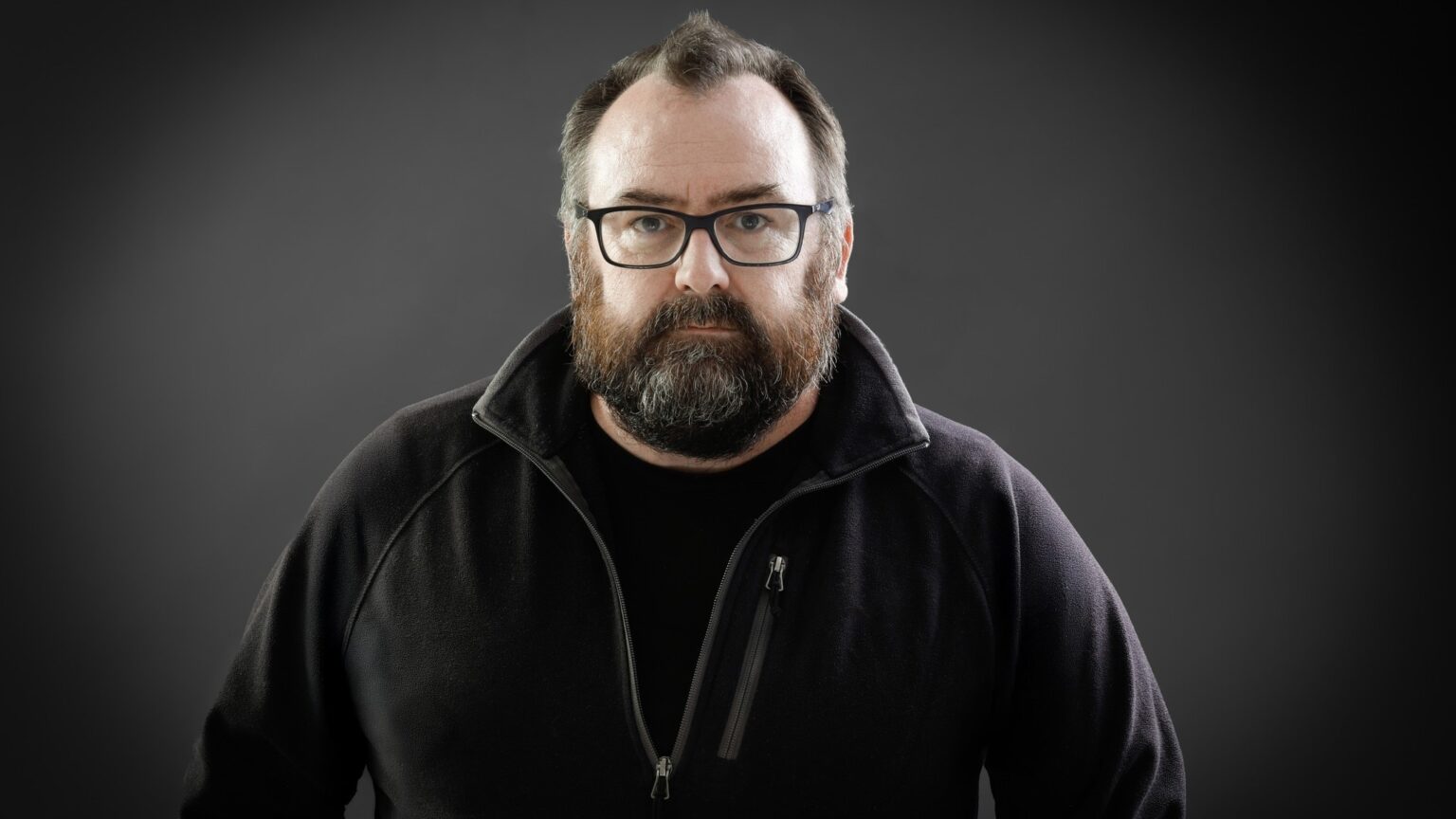
‘The book went to number one in the national charts based on word of mouth, which is unheard of…So normally, anything that is this kind of a unicorn, the media should be all over it, because it’s such an unusual tale. But because it’s picking apart a lot of government narratives…the book was ignored for the first couple of months by the national media.’
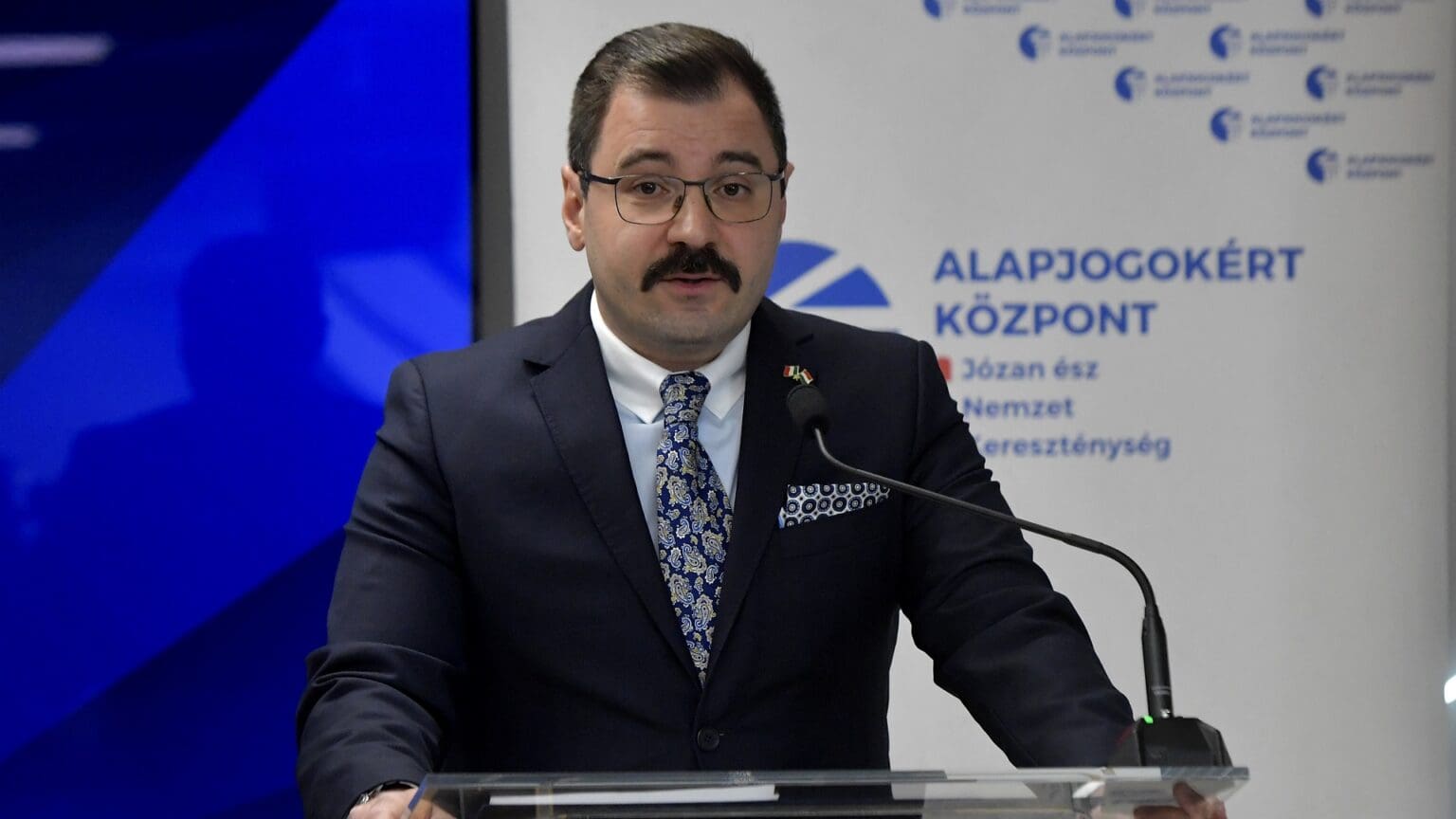
Miklós Szánthó of the Center for Fundamental Rights has accused Hungarian opposition candidate Péter Magyar of attacking his institution for revealing that Magyar’s cabinet picks and campaign team are being filled with failed left-wing politicians.

Leftist streamer Ian ‘iDubbbz’ Johmha has caused quite a controversy online for mocking and trying to discredit an Iranian immigrant appearing on an American reality show, who talked about the oppressive nature of the Ayatollah regime in Iran. He insinuated that, under President Trump, people are not much freer in the US than in Iran. Ironically, just a few days later, a massive wave of protests broke out against the regime in Iran.
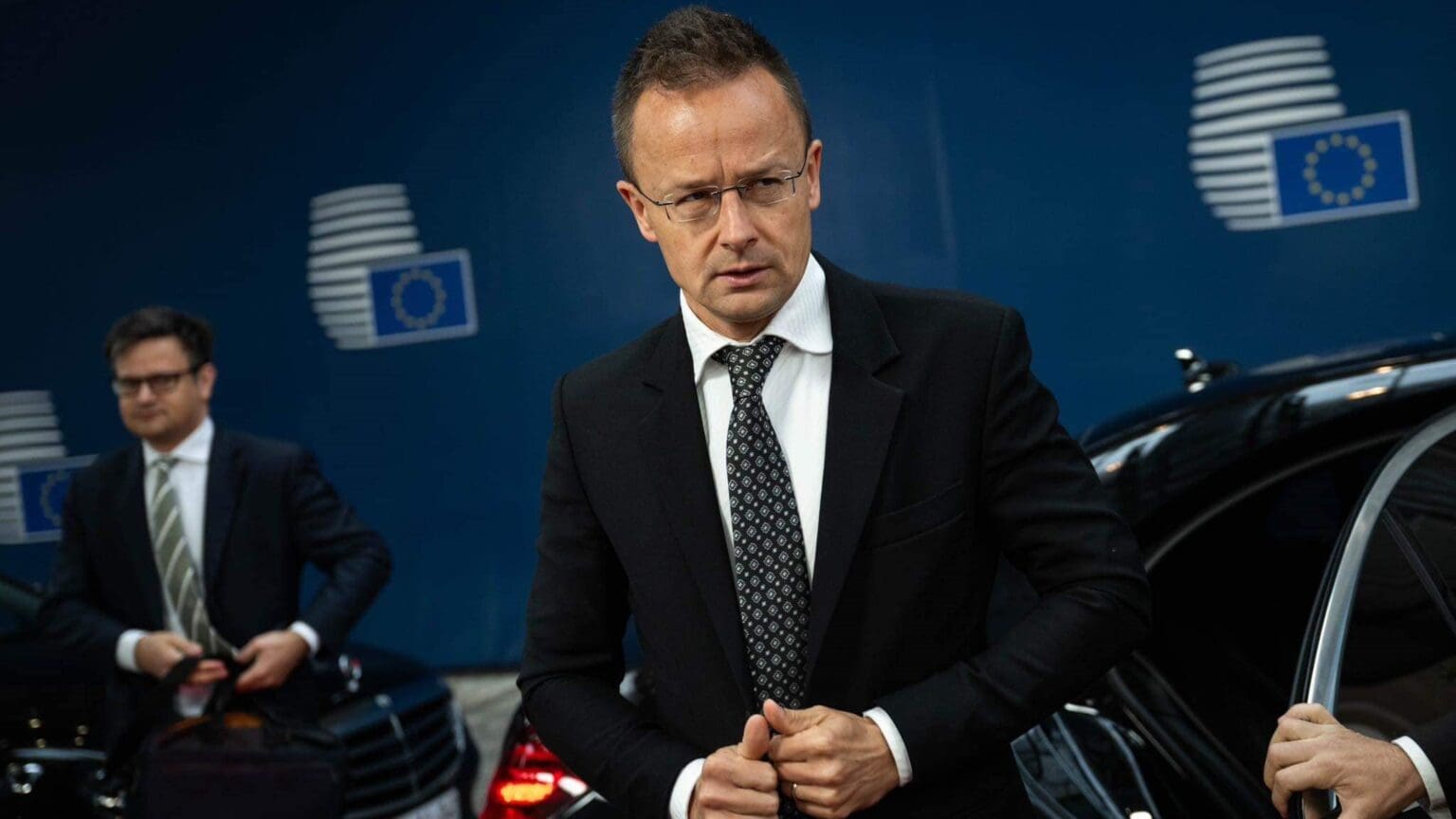
Kyiv has summoned Hungary’s ambassador in protest at Budapest’s rejection of further EU financial assistance to Ukraine, prompting a sharp response from Péter Szijjártó. The foreign minister said Hungary will not help finance Ukraine ‘over the next decade’, warning against ‘squandering the future of our youth’ and accusing Ukraine of interfering in Hungary’s internal affairs.
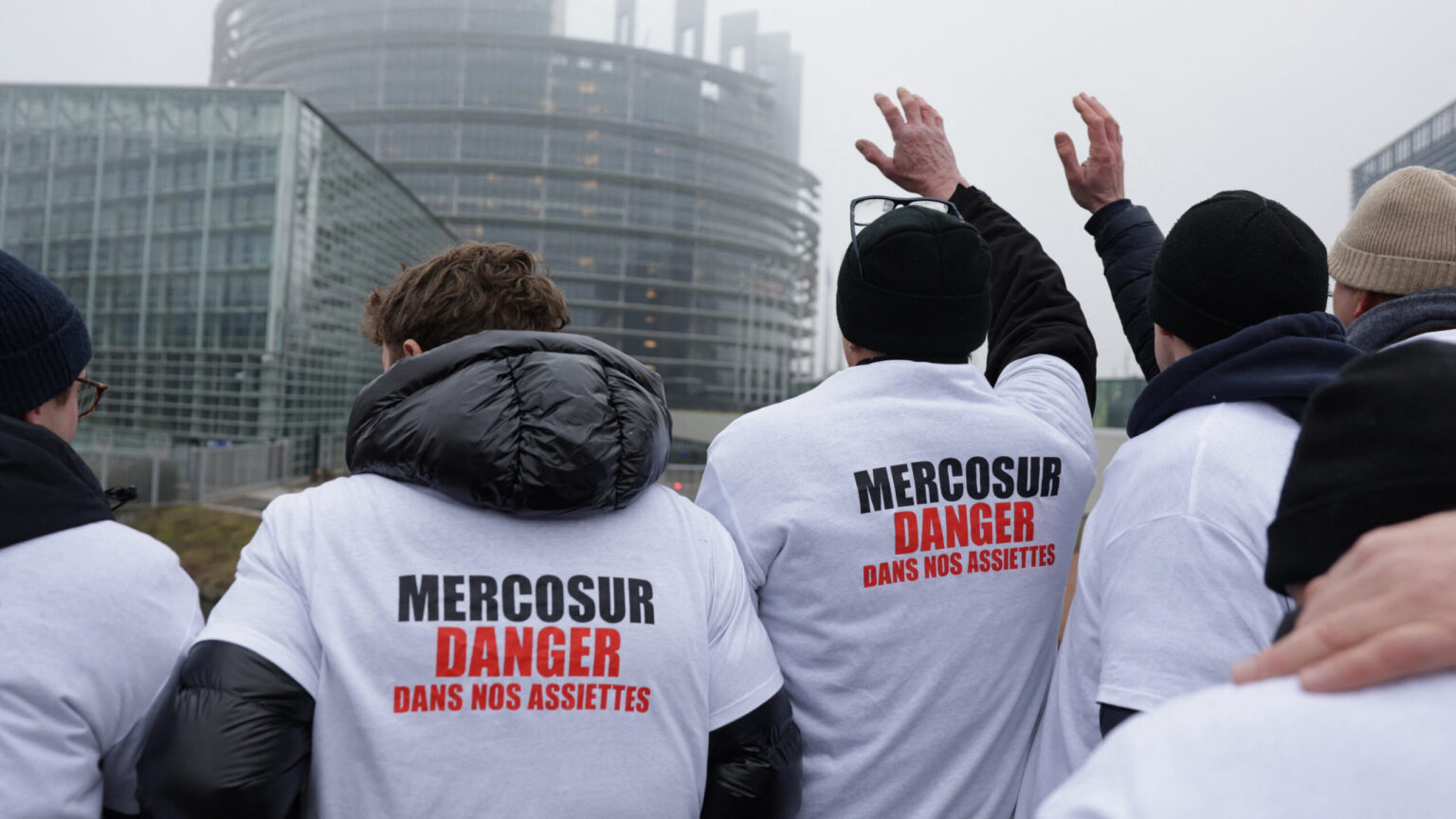
The European Parliament has voted by a razor-thin margin to send the EU–Mercosur agreement to the CJEU for a legal opinion—an outcome hailed by Hungary’s Csaba Dömötör as a Patriots for Europe-driven breakthrough for farmers. With only ten votes separating the sides, the Patriots’ bloc claims it tipped the balance against an EPP-backed push to fast-track the deal.
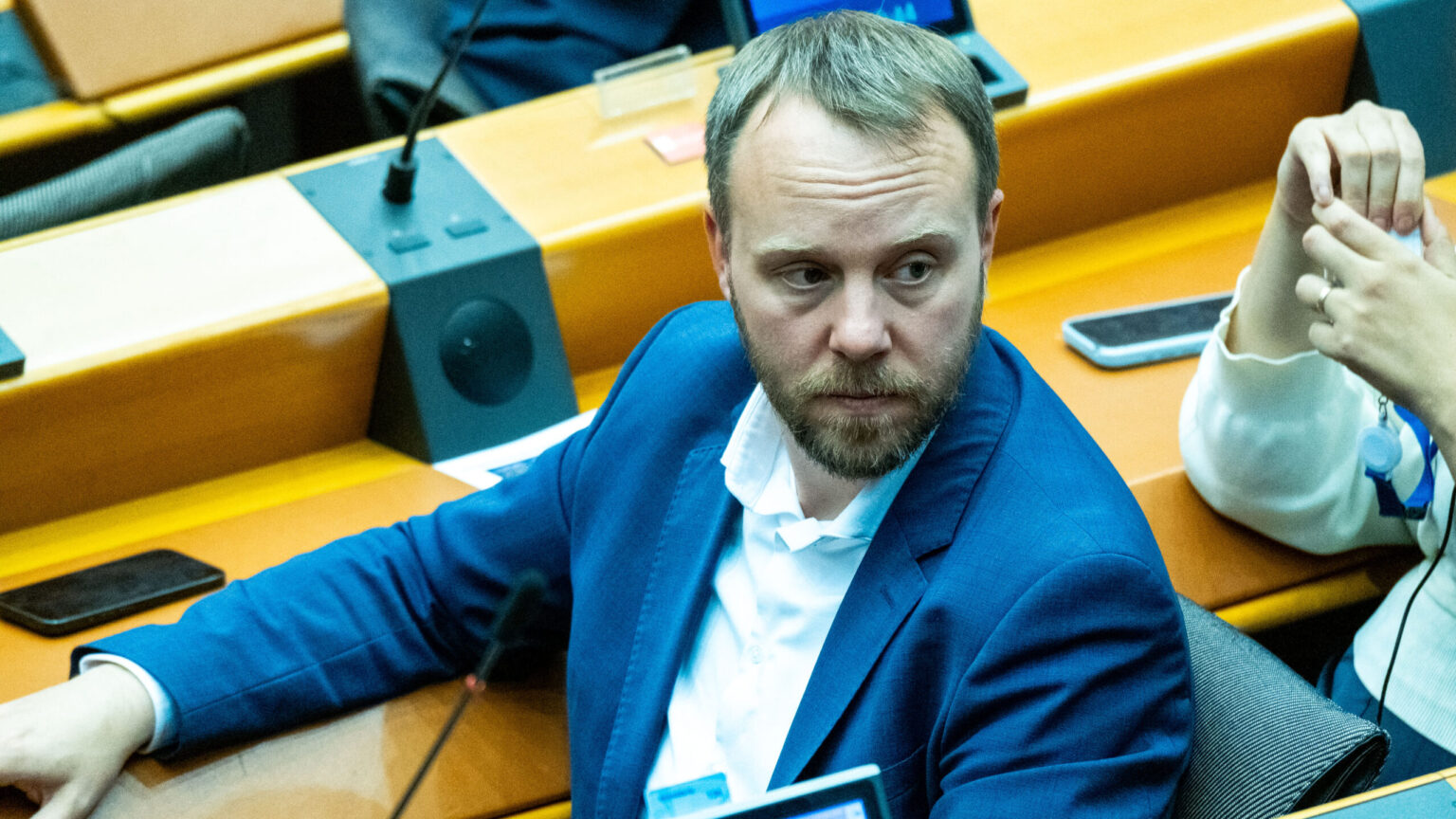
The European Parliament’s liberal–progressive camp has renewed attacks on Hungary after the Commission approved €16 billion in SAFE defence funding, with Green MEPs urging delays until after April’s election. Despite Kaja Kallas insisting funds will be audited, critics again weaponize the ‘rule of law’ to block Hungary’s military modernization and influence its election.
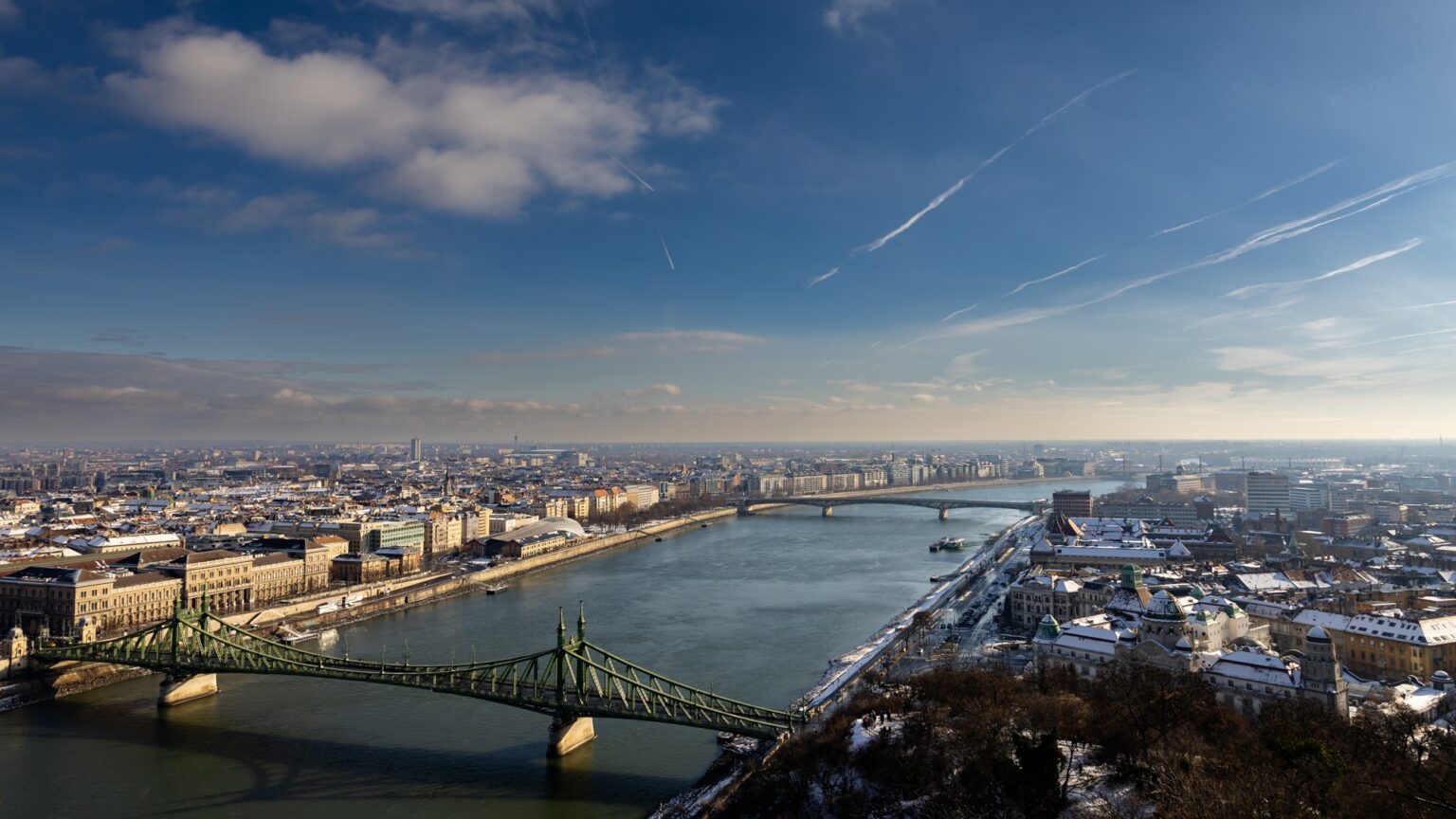
Hungary attracted 7 billion euros in new investments last year through 108 projects, HIPA chief István Joó said, defending state incentives as key to competitiveness amid debate over opposition tax and subsidy plans.
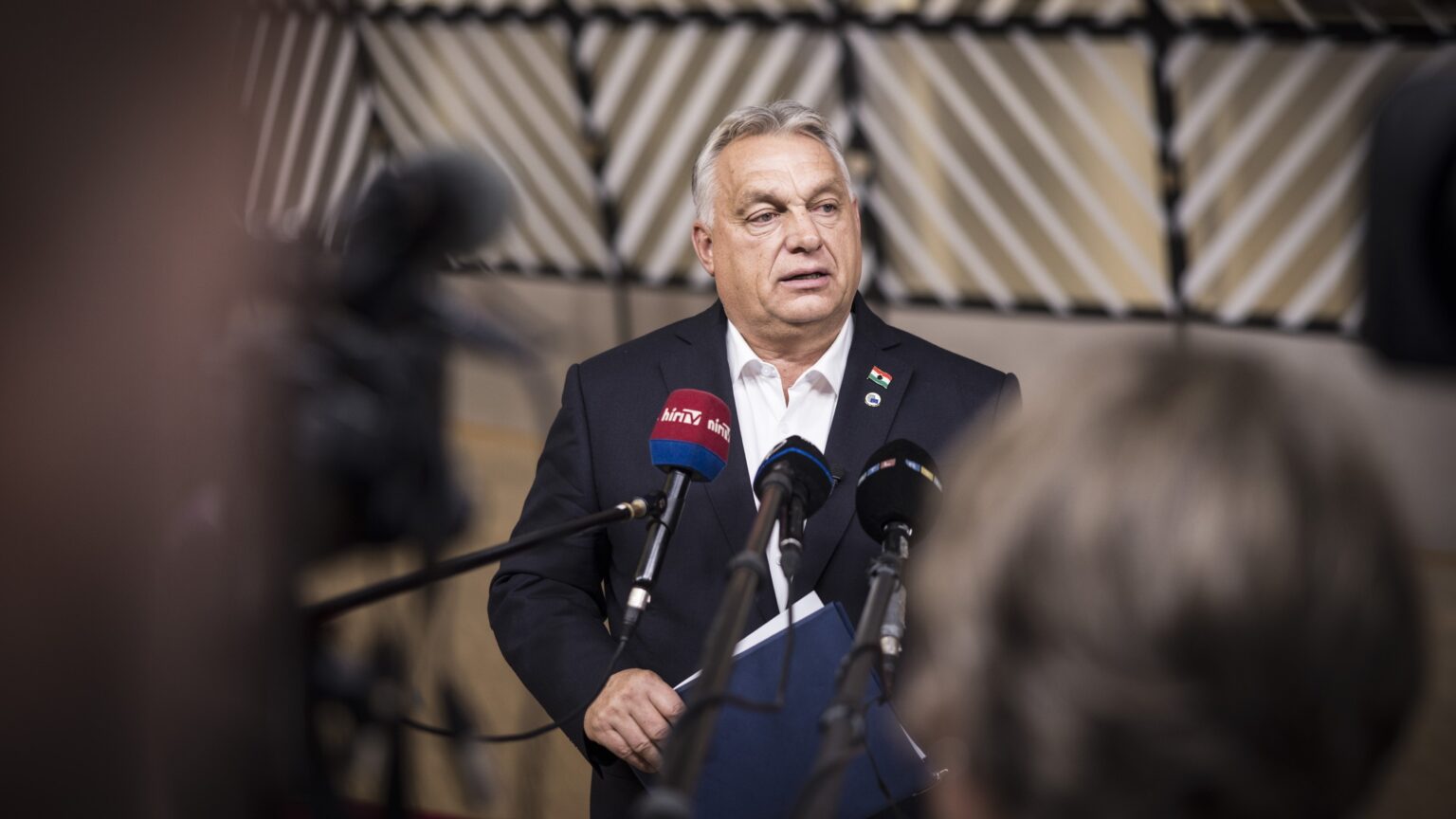
Prime Minister Viktor Orbán said Hungary will not approve the EU Mercosur trade agreement as long as a national government is in power, accusing Brussels of deceiving farmers and bypassing national parliaments.

The English Premier League club AFC Bournemouth has signed 20-year-old Hungarian midfielder Alex Tóth from Ferencváros for €12 million, a new transfer fee record in the Hungarian league. Previously, another Hungarian international, Milos Kerkez, has also played for the Cherries.

Hungary was the only EU Member State not to support the joint statement by the European Commission and Council on the potential purchase of Greenland, a territory of Denmark, by the United States. According to Foreign Minister Péter Szijjártó of Hungary, this is a bilateral issue between Denmark and the US, and the EU should not get involved as a whole.

Eight cities in the Budapest agglomeration are emerging as central hubs, driven mainly by motorway accessibility rather than rail links, according to a new study by Budapest Corvinus University examining regional urban development.
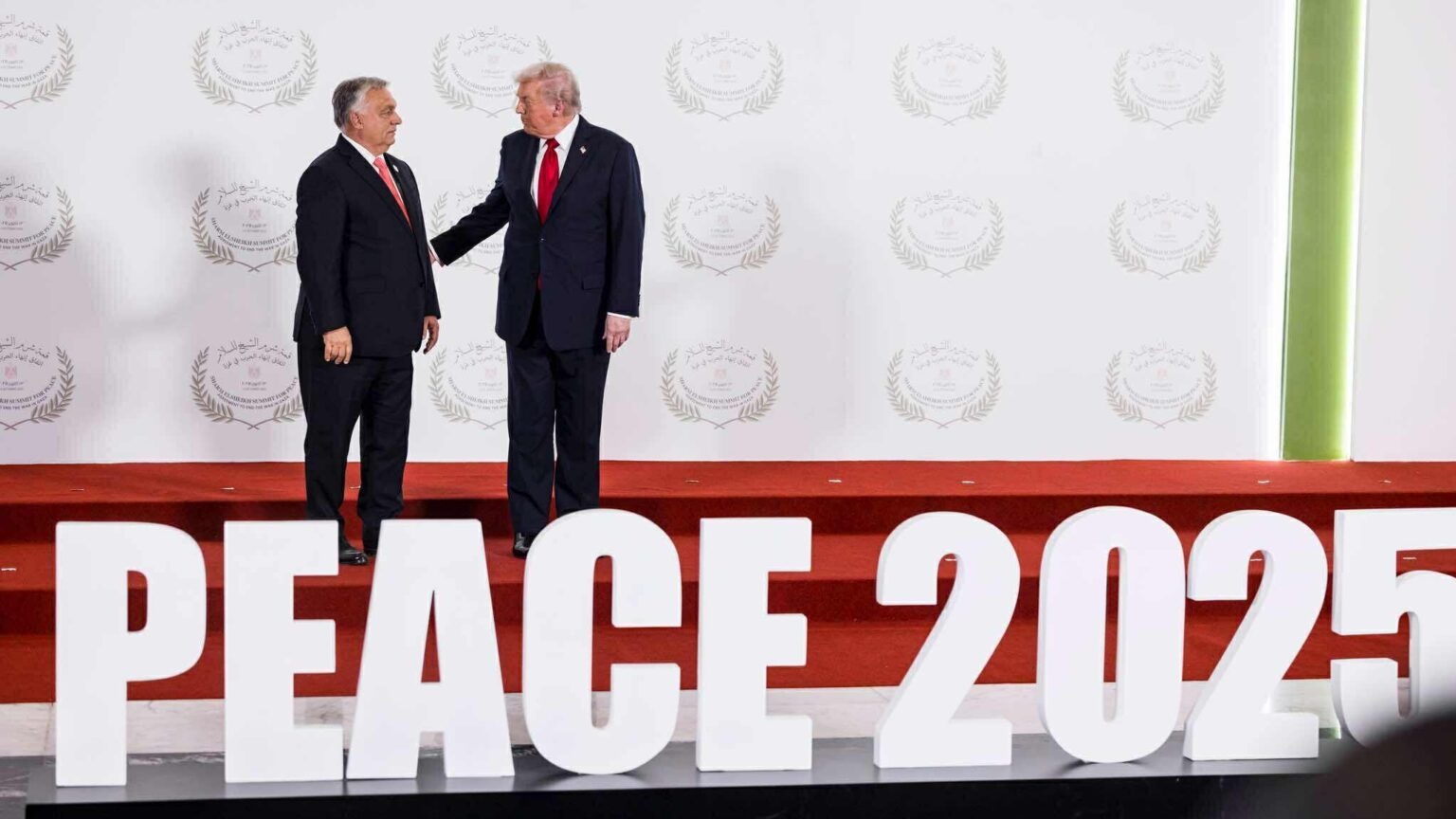
Hungarian Prime Minister Viktor Orbán’s invitation to Donald Trump’s ‘Board of Peace’ has sparked immediate controversy at home, after reports claimed Hungary would have to pay $1 billion for a seat. Yet the board’s charter states membership carries no financial obligation by default, with the billion-dollar contribution only offering an automatic extension beyond the standard three-year term.
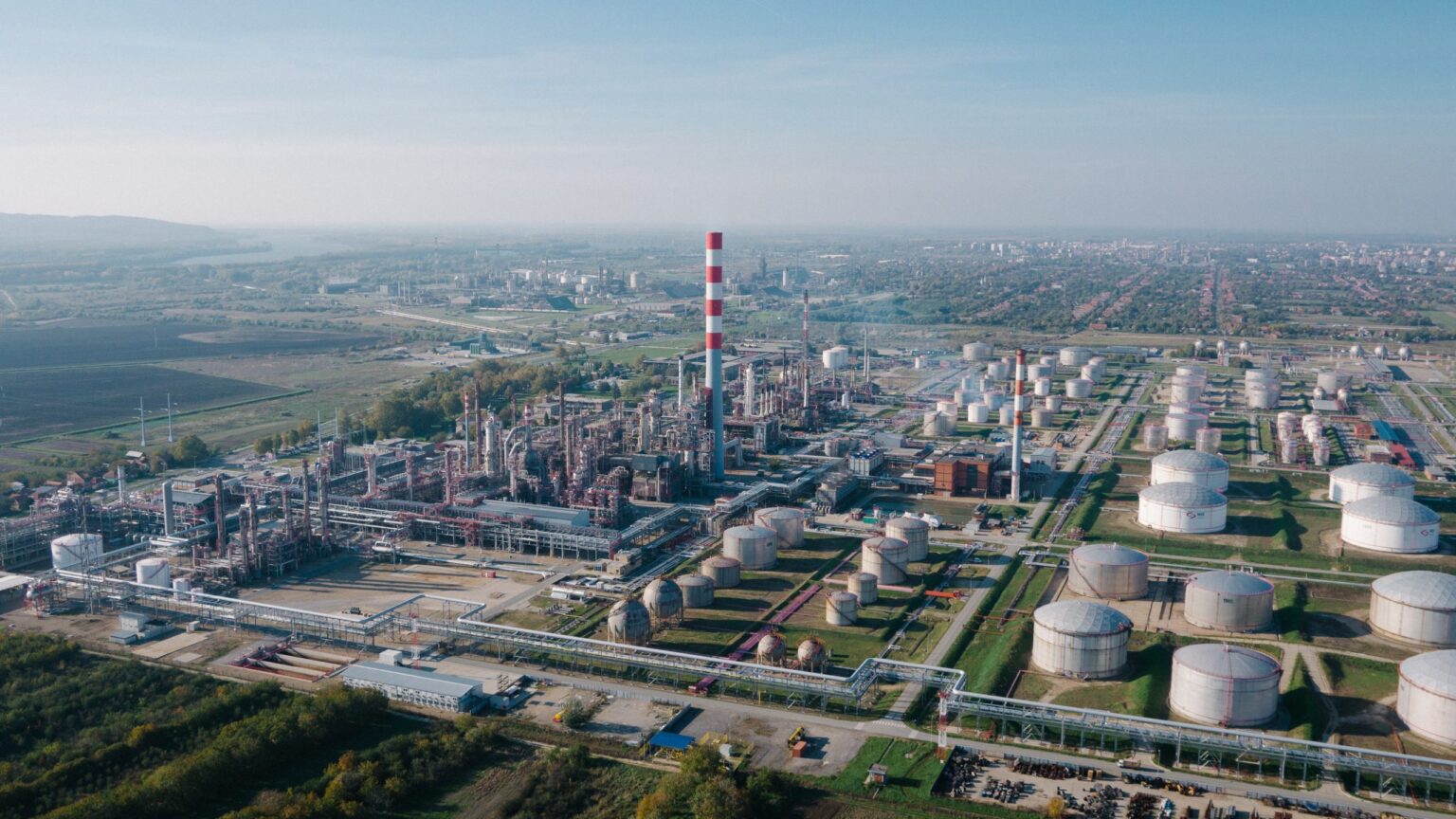
Serbia has struck a deal for Hungary’s MOL to buy the majority Russian-owned stake in national oil firm NIS, Energy Minister Dubravka Djedovic Handanovic announced. The terms will also be sent to the Trump administration, as Belgrade seeks to strengthen its position amid US sanctions on Russia’s energy sector and safeguard operations at the Pančevo refinery.

The head of Hungary’s biggest defence and space industry group held talks in Israel last week and did not return empty-handed. Hungary could become an important European hub for the distribution of Israeli drones.
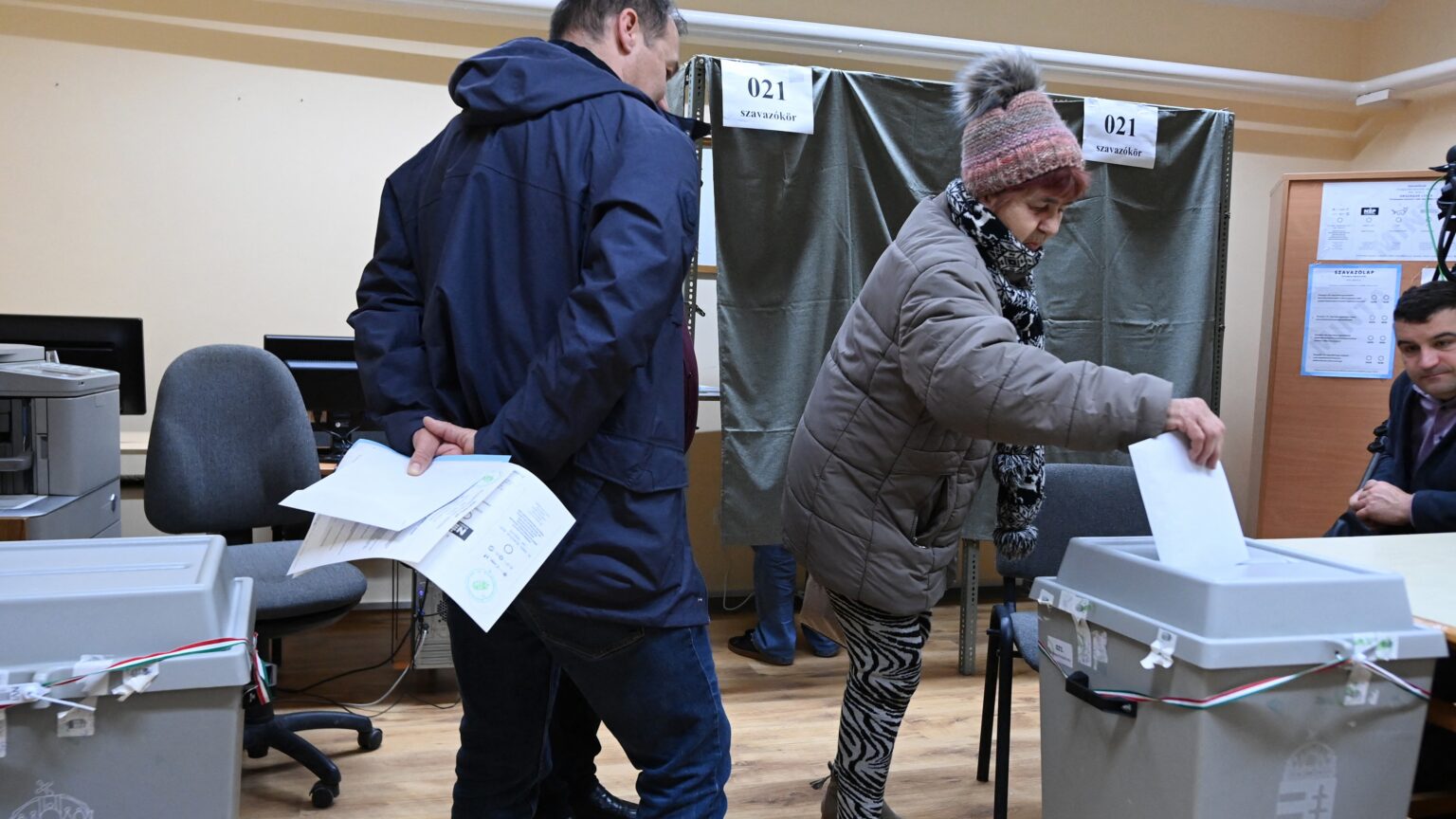
‘Hungarian voters must decide: will they continue to entrust Fidesz with the authority to lead them through the geopolitical storm, or will they take a bet on Péter Magyar’s Tisza Party to lead Hungary with a new style of government?’

The Stek Oost experiment in Amsterdam was built on a progressive promise: coexistence between Dutch students and refugees would accelerate integration. But Zembla’s investigation suggests the reality was far darker, with students describing sexual assault, stalking, and repeated violence, while claiming their concerns were dismissed.
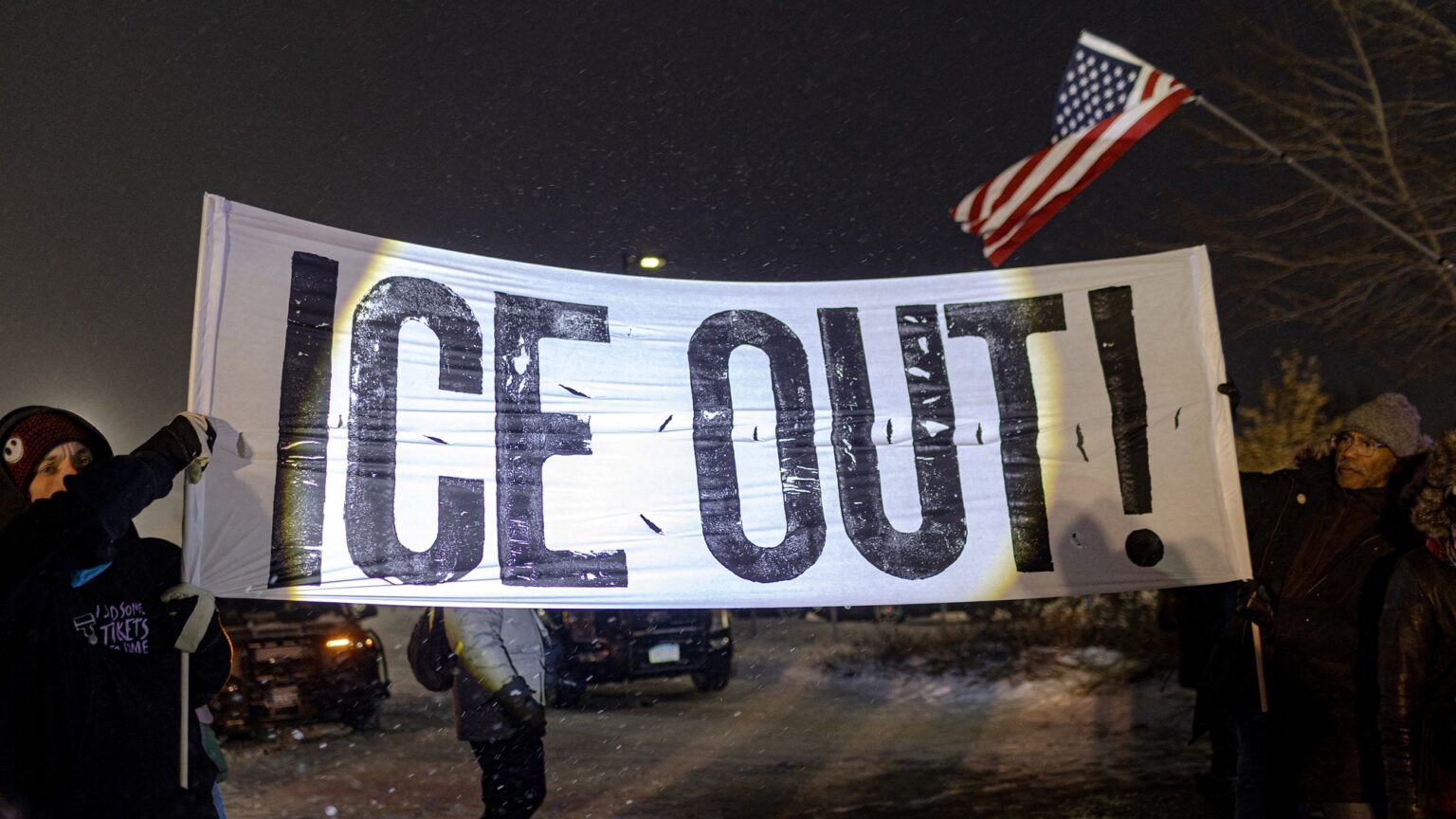
Anti-ICE protests are getting more and more intense in the progressive city of Minneapolis, Minnesota, where protester Renee Good was shot by an agent earlier this month. Videos online show demonstrators disrupting church service; and even appear to have accidentally beaten up one of their own, mistaking the unfortunate man for an ICE agent or ICE supporter.
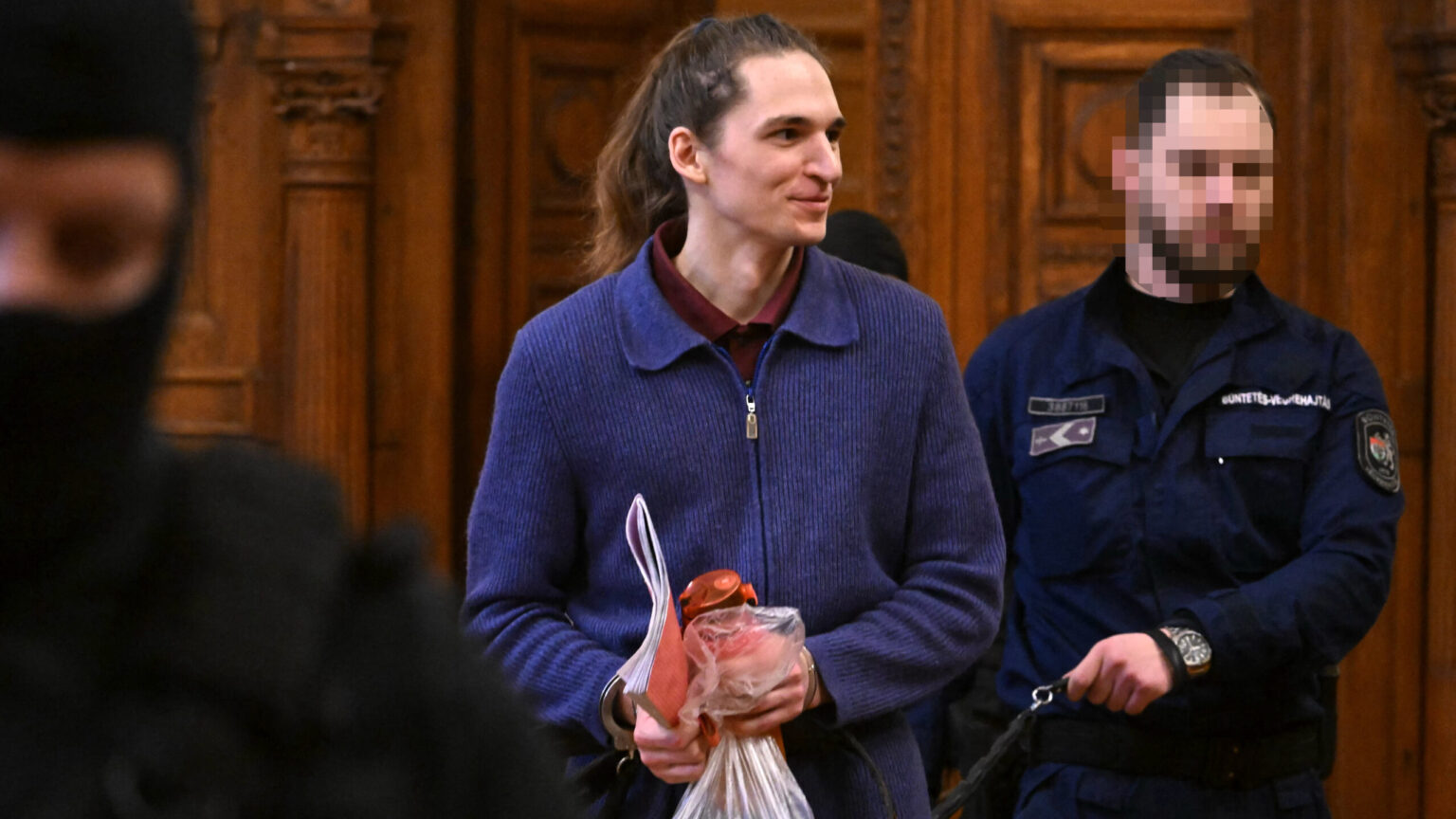
Deutsche Welle has published a propaganda interview whitewashing Budapest Antifa attack suspect Maja T. In the discussion, Maja T accuses the Hungarian government of influencing the courts and breaching European detention standards, while the victims of the 2023 attacks—including those beaten with iron bars—fade into the background.
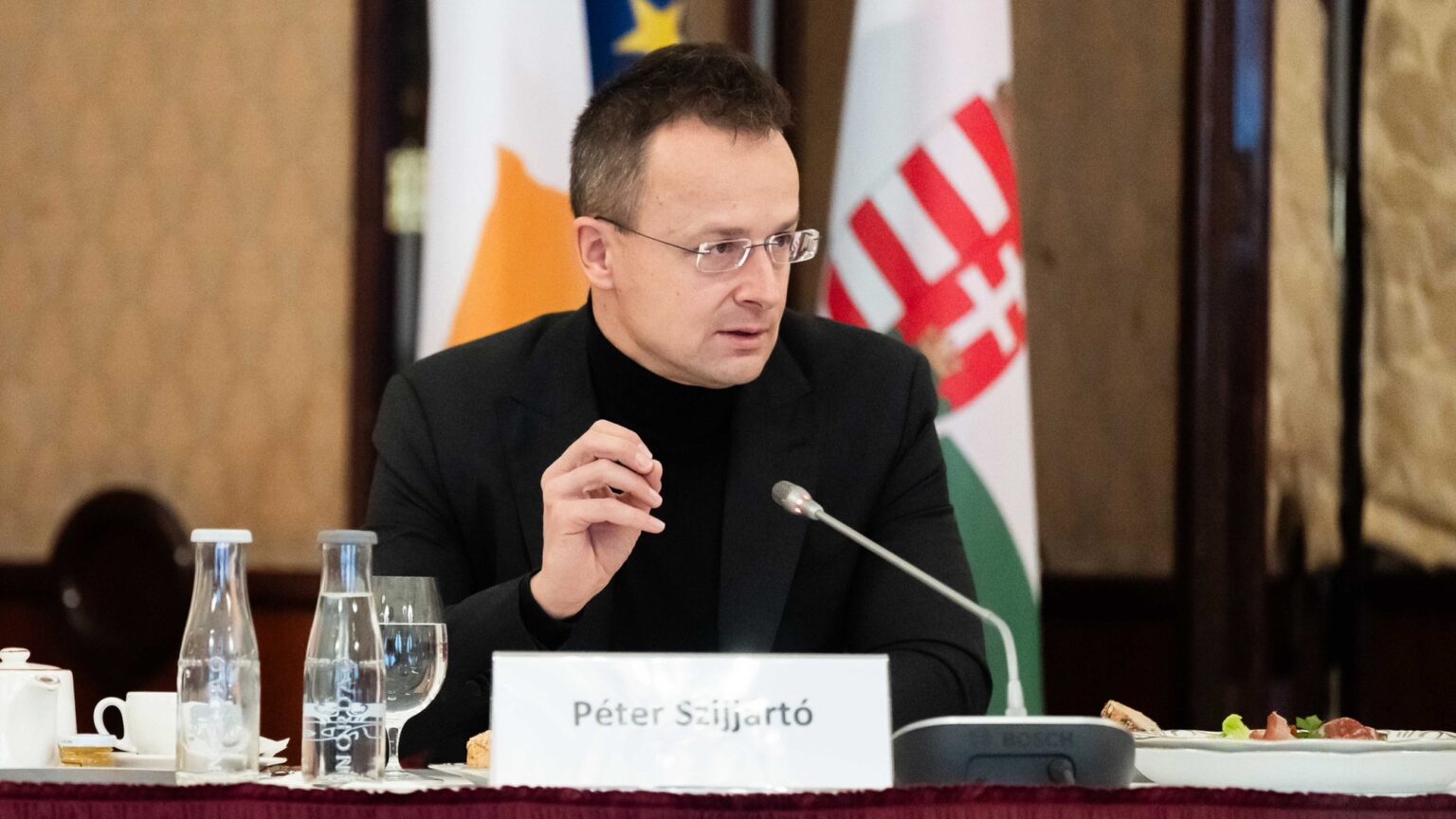
Hungarian Foreign Minister Péter Szijjártó warned that Budapest would not tolerate foreign interference in its upcoming parliamentary elections, insisting that EU ambassadors refrain from commenting on the vote or its outcome. He added that diplomats who ignore this demand could lose access to Hungary’s senior officials.
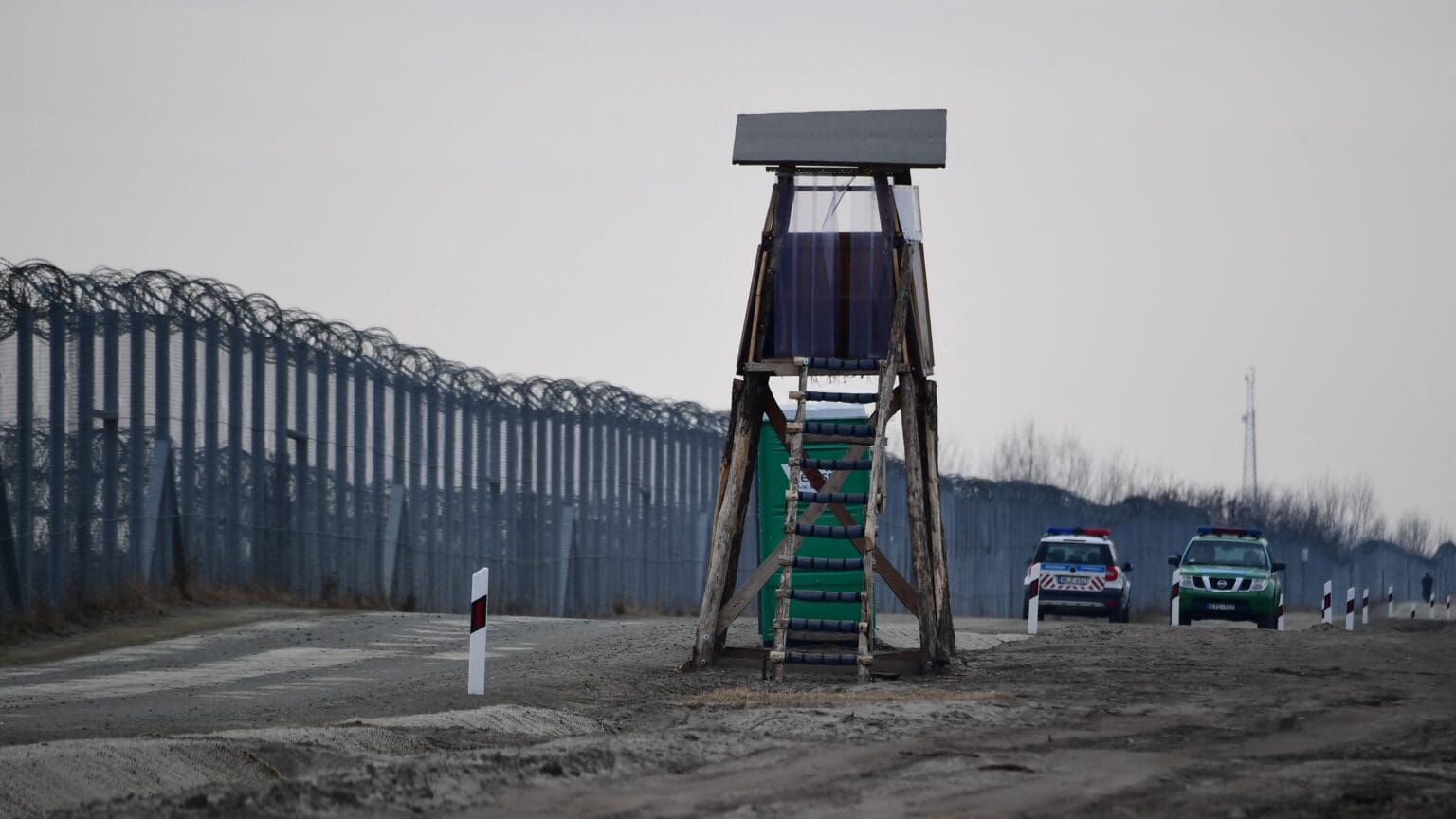
Hungarian civil guards took part in more than 2,600 border-related actions last year, assisting police in detaining irregular migrants and preventing illegal crossings, the National Civil Guard Association’s border protection chief said.